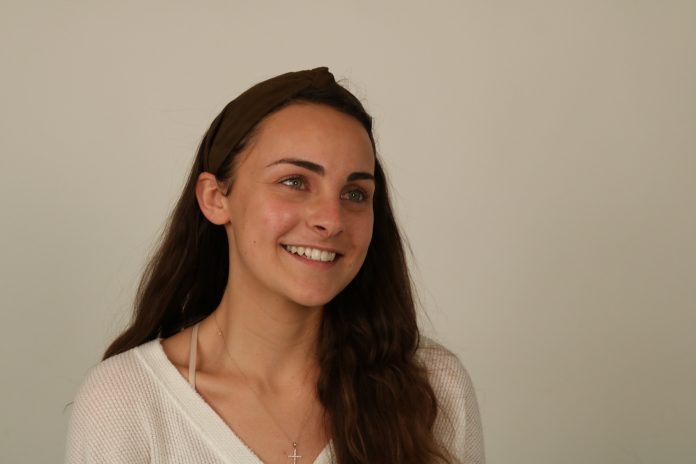
Media Fellows director Jonathan Nichols-Pethick once innocently stated, “I love Billie Eilish, duh,” to which Media Fellow and first-year, Jack Woods stood up in outrage exclaiming, “Billie Eilish makes bad music,” providing absolutely no evidence to back it up. I’m here to make an argument against his statement.
Here’s why Billie Eilish’s music is not bad, and is actually, dare I say it, quite good:
At just 14 years-old, Eilish released her first song, “Ocean Eyes,” a hit which was followed by an entire album of hits. Coming from a dance background, she and her brother, Finneas, needed songs they could dance to, and, while the songs are dance-worthy, they are also so much more.
Eilish’s songs range in genres; most of them stand under the label “pop,” but could fit under various sub-genres such as indie-pop, alternative rock/pop, electro-pop, and more. Due to her wide range, she is able to appeal to a variety of people with different music tastes, giving her influence over a massive audience.
With the platform that she has, she could easily be writing cheesy lyrics about heartbreak and parties, which are commonly found in pop songs and easy to copy. However, she’s taken advantage of that platform to sing about real emotions and issues that are common among teenagers and young adults, but not always talked about.
A stellar example of this is Eilish’s song titled, “Xanny,” referring to the drug Xanax. In this song, Eilish sings, “I'm in their second-hand smoke/Still just drinking canned coke/I don't need a xanny to feel better/On designated drives home/Only one who's not stoned/Don't give me a xanny now or ever.” In this song, she exemplifies that drug use is not something glamorous to be glorified in songs, and that it’s negative effects are something to be aware of.
In an interview with The Guardian about the song, Eilish calls on her young audience, saying, “I know people around you doing that [stuff] makes you want to, but you don’t have to,” which she hopes to clarify in the song by showing that she, a teenage pop star, can survive without them.
While she sings about such a dark, uncomfortable topic, she still manages to keep people listening with the complexity of the song’s production. She somehow balances the sweetness of her vocals and light use of piano with deep staticky bass and drums, something that I imagine takes a good deal of thought and creativity to blend smoothly.
Equally creative are the lyrics of “wish you were gay,” in which Eilish sings about a one-sided relationship, but with a twist: subtly counting backward with numbers interspersed within her lyrics. She encourages the audience to listen closely to her lyrics in this way.
Whether she is singing about unrequited love, raising awareness about drug abuse, etc., Eilish’s lyrics are something to be pondered over and her unique beats something to be danced to, which is why her music deserves all the credit it receives.
